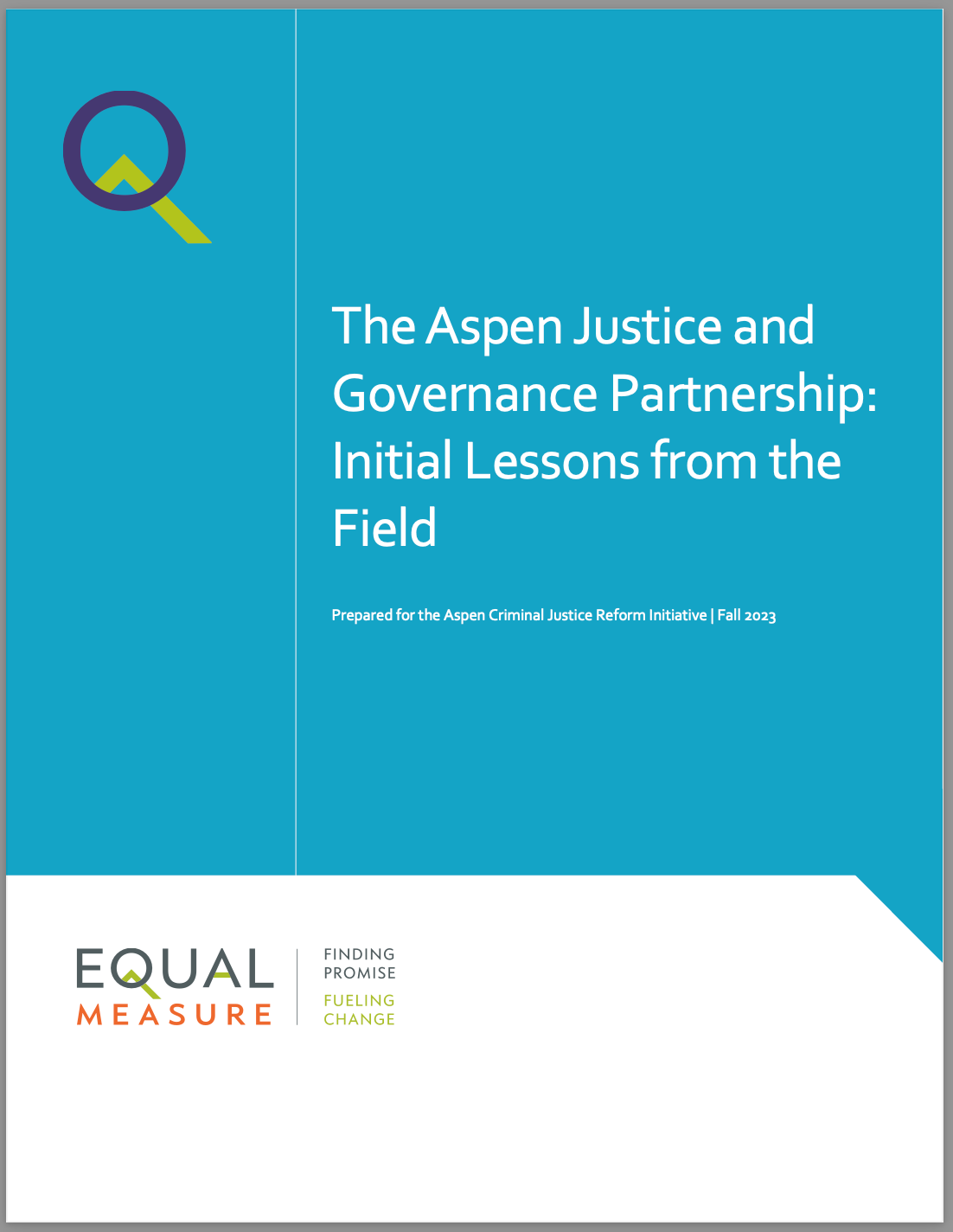Across political lines, American voters are steadily shifting away from “tough-on-crime” rhetoric. Prior to the 2022 midterm elections, 80% of voters supported criminal justice reform. The poll indicates that overall, voters want more community-informed policies and possess a clear idea of what those policies should look like. Despite the numerous think tanks, non-profits, government agencies, activists, and policymakers dedicated to justice reform in the U.S., such reforms remain aspirational.
As of this year, almost 2 million people are incarcerated. High recidivism rates contribute significantly to this figure. More than 600,000 individuals are released each year from federal and state prisons, with another 9 million others from local jails. Within three years, more than two-thirds of these individuals are rearrested, and half are reincarcerated. This issue is not without its solutions; America and its previously incarcerated citizens would benefit significantly from re-entry programs. Proven to be effective in reducing recidivism, re-entry efforts can be found on federal, state, and local levels. From workforce training to counseling, these services work to address the systemic barriers these individuals face when reintegrating into society. Despite the otherwise broad scope of the care provided, there is one aspect that is still underrepresented: spiritual wellness.
Like their secular counterparts, faith-based corrections programs often include educational and professional development opportunities. However, religious re-entry programs stand out because of their ability to foster a sense of devotion to a power and community that is greater than one’s self. Guided by the teachings of holy texts, these re-entry programs are dedicated to nurturing moral acceptance and responsibility in the individuals they serve. Across different faith traditions, there exists a shared belief in the individual’s dignity and the potential of that individual to redeem themselves. For those who have been isolated and alienated (as is the nature of incarceration), the opportunity for identity transformation, to be a valued part of something bigger than themselves, is life changing. It is a chance to be defined not by their biggest mistakes, but rather by who they can become and how they show up in their community.
The potential to radically transform whole communities, and not just individuals is another benefit of faith-based re-entry. Many criminal justice scholars and researchers have highlighted the negative impact mass incarceration has on communities, particularly those that are disadvantaged. Poverty, substance abuse, and lack of educational and employment opportunities can drive members from such communities into a life of crime. Yet rather than improving conditions in their communities, the removal of such individuals can make matters worse. By only addressing the symptoms of these issues, more stress and trauma are placed upon families while the root causes of the actual problem continue to fester. With a framework based on holistic wellness, faith-based programs address criminogenic factors and indirectly begin to deal with crime prevention.
One organization in Fort Worth, Texas, has made the conscious effort to enter this work. The Minister’s Justice Coalition is a group of concerned ministers, local business owners, and non-profit leaders committed to advocating and fighting for equality, equity, and justice in communities of color. Established in 1999, membership was originally limited to ministers with incarcerated sons. United by a desire to support their children’s reentry process, the Coalition worked with the Texas Board of Pardons and Parole to advocate for the early release of individuals affiliated with one of their partner congregations, with the Church providing the support system necessary to set those individuals on a clear path to rehabilitation.
In 2018, when the Reverend Kyev Tatum Sr. of New Mount Rose Baptist Missionary Church became President of the Coalition, their mission expanded. With a background in criminal justice, Rev. Tatum quickly realized that providing aid after incarceration wasn’t enough. “Poverty is the root cause. This notion that you can’t teach people to be self-sufficient is a farce,” said Tatum. “We should serve more in the community and the families of the incarcerated.” In exploring a new avenue of justice, a more diverse membership developed, and their outreach capabilities expanded as a result. Today, the Coalition provides direct services to address basic needs, connect individuals with resource agencies, offer educational seminars and workshops, and advocate for people’s rights on multiple platforms.
Rooted in the word of God, the Coalition remains cognizant of their role. Passivity has no place in this work because “it’s not just attending to attend. It’s an opportunity to teach them how to be a serving leader,” said Tatum. “Your own healing comes through serving others.” Although 12,000 other U.S. congregations have prisoner outreach programs, there is still much work to be done. To faith leaders and communities looking to get involved in this work, Rev. Tatum imparts words of wisdom: “We have spent too much time on what people have done and not enough time on what has happened to them.”

